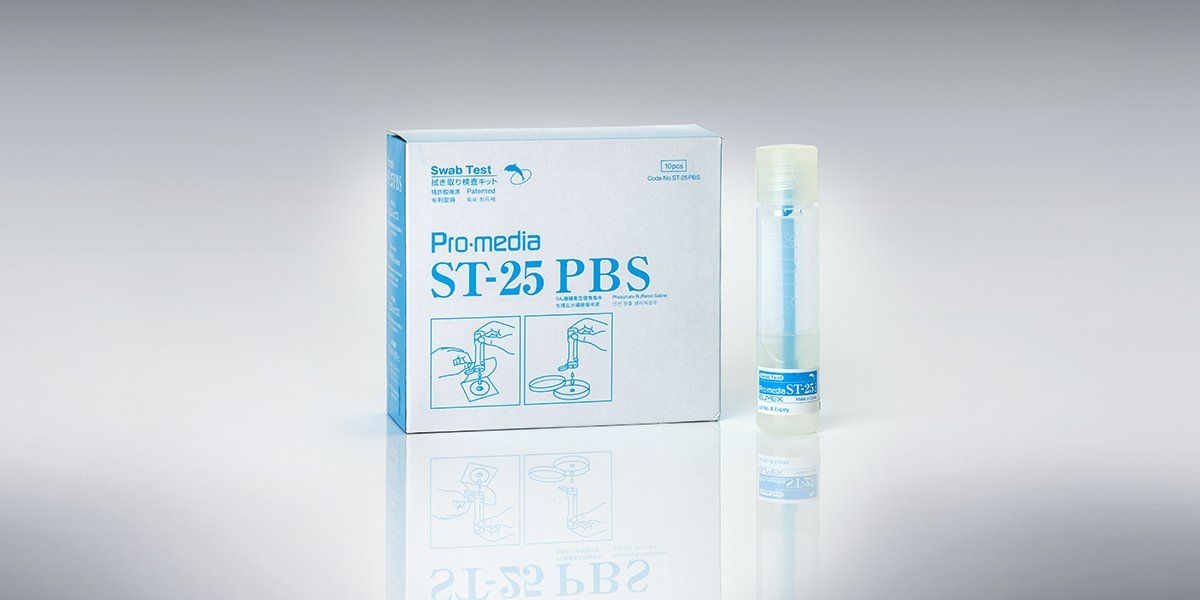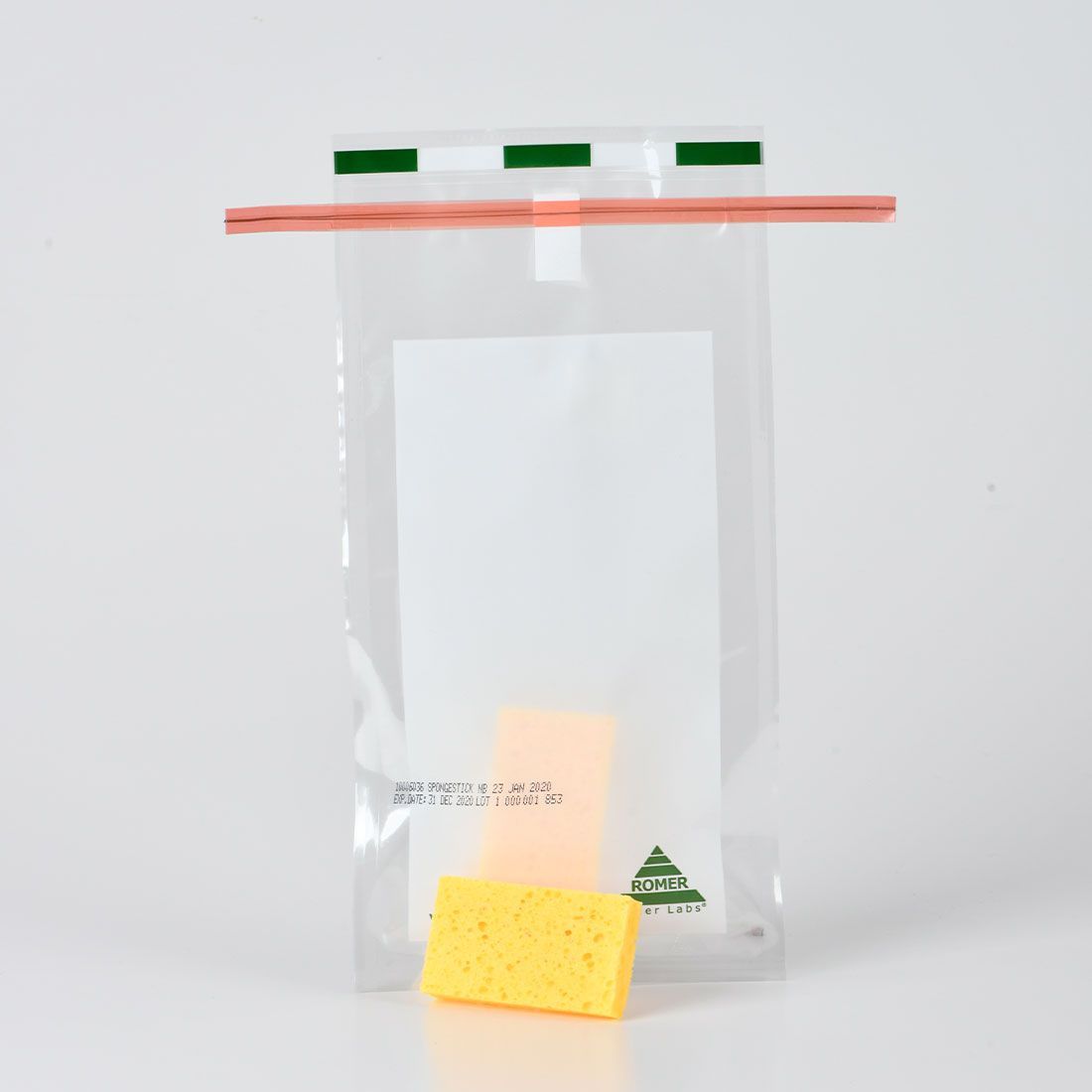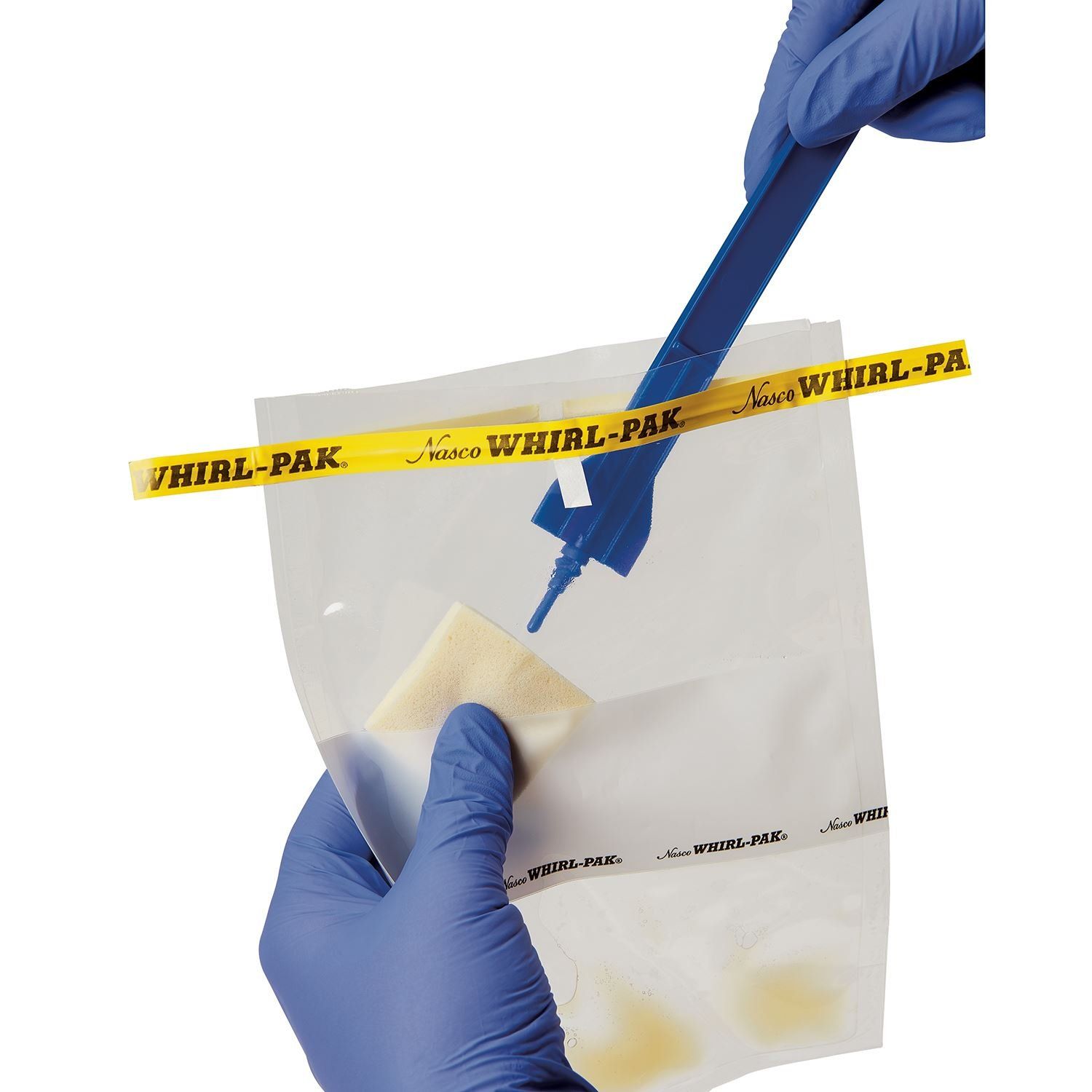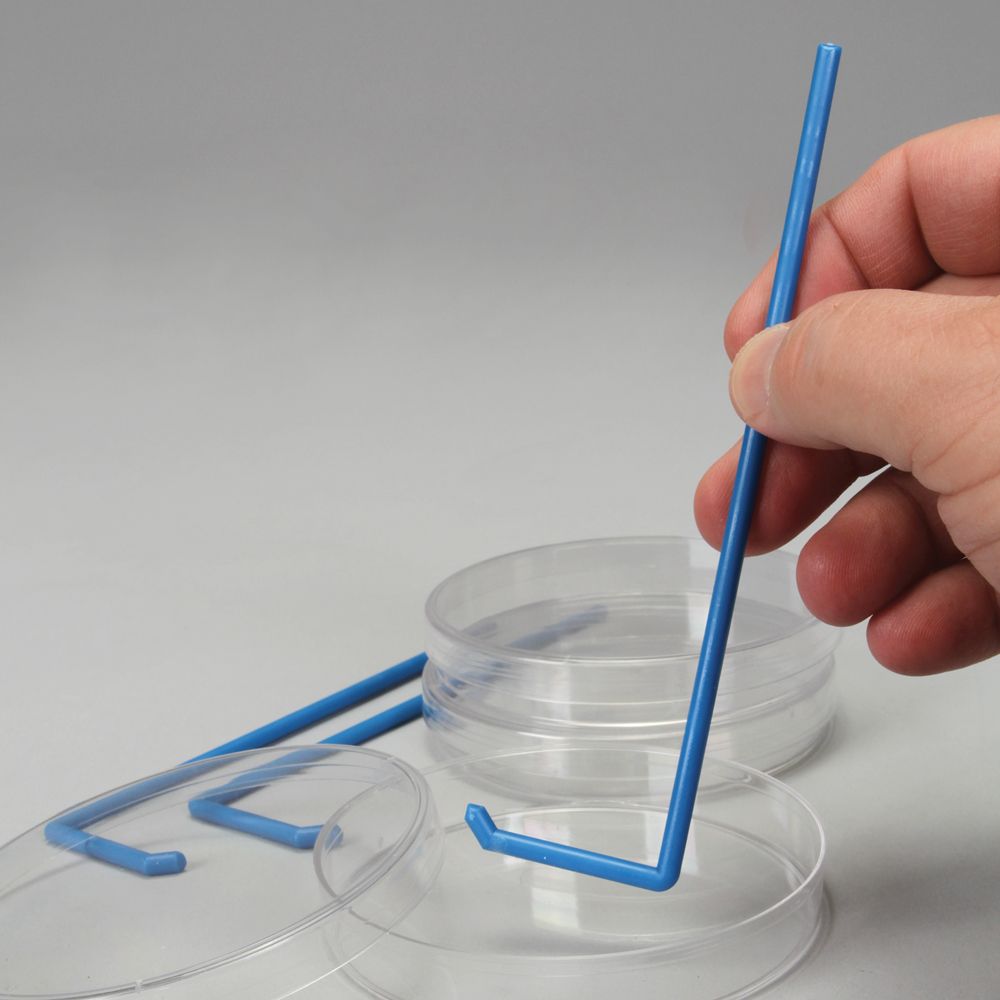Sampling Tools & Laboratory Supplies
Sampling Bags
Whirl-Pak® sterile laboratory sampling bags from Nasco Indonesia are ideal for surface, forensics, genetics, biomedical, and pharmaceutical research sampling and well suited for the food, dairy, water, sewage, medical, veterinary, environmental, soil, and industrial markets.
Whirl-Pak® bags have been the professionals’ trusted sampling bag for over 50 years and offer puncture-proof tabs, guaranteed sterility, easy identification, and a leak-proof closure you can trust.
Whirl-Pak® sterile sampling bags are R-Nase, D-Nase, Pyrogen and BPH free and comply with the following regulatory and industrial requirements: US Enviromental Protection Agency, US Food and Drug Administration, US Department of Agriculture, and Hazard Analysis and Critical Control Point.
Swab
Promedia ST-25 sampling device from R-Biopharm Indonesia is consisting of sterile swab in 10 ml sterile PBS buffer for quantitative detection of microorganisms in environmental samples. For application remove the swab and sample the surface (typically 100 cm2). Replace the swab and blend the sample by shaking the closed tube thoroughly (1:10 dilution). Pour 1 ml aliquots through the drop cap onto plates. Wear gloves to prevent contaminations during handling.
Surface Sponge
SurfACE™ Sponge in Twirl-Tie™ Bag from Romer Labs Indonesia device consists of a 3" x 1.5" (7.5 x 3.5 cm) biocide-free cellulose sponge - dry or pre-moistened with 10 ml buffer. The included bags can be opened easily with attached pull tabs and offer a label area for sample identification. This Sponge placed in twirl-tie bag offers 9 months shelf life from production.
Sponge Stick
Whirl-Pak® Hydrated PolyProbe™ from Nasco Indonesia is designed for surface sampling and effective in hard-to-reach areas, the 8 in. inch (20.3 cm) long probe consists of a polypropylene holder with detachable handle that is adhered to a durable polyurethane sponge that resists tearing and fraying. Probe is packaged in a sealed 24-oz. (710 ml) write-on bag and hydrated with 10 ml of HiCap™ Neutralizing Broth. Product is terminally gamma processed to guarantee sterility. To use, tear open the top of the bag; squeeze out any excess neutralizing broth; swab the surface; insert the sponge back into the bag; and, while holding the sponge from the outside, unscrew the handle and discard. Drop the sponge into the bag, fold the top of the bag over three or more times, bend in the wire tabs to close, and send to a lab for testing. Two-year shelf-life with ambient storage at 36°-86° F (2°-30° C). The bags are packaged in a foil liner bag to prevent evaporation of the buffer.
Culture Media
Biolife Indonesia has produced culture media for 40 years and has more than 500 formulations. Some of these media were developed by Biolife as first in the world like Hektoen Enteric agar, Giolitti Cantoni broth, MUG agar. Other dehydrated culture media that are available are Aesculin bile Azide agar, alkaline peptone agar, Baird parker agar, Bile aesculin agar, Brain heart infusion agar, C-EC agar and many others. Dehydrated agar for mycology is also available like malt agar, potato dextrose agar, sebouraud broth, yeast extract agar, yeast nitrogen agar. Selective supplements available some of which are like aeromonas selective supplement, Bolton broth selective supplement, brilliant green solution, coagulase plasma EDTA, Egg yolk emulsion, Fraser selective supplement, Listeria fraser supplement.
Chromogenic Media
Biolife was one of the first in the world to develop chromogenic agar. Chromogenic agar depends on a color reaction of the reagent with bacterial enzymes produced by the bacteria. This color development helps in the evaluation and enumeration of the bacteria. Biolife was the first to develop the salmonella chromogenic agar based on the C8 esterase detection.
The chromogenic agar supplies are:
- CSA (Salmonella)
- Aloa (Listeria spp and L. monocyotgenes)
- Chromogenic B. Cereus selective agar
- Chromogenic agar E. coli 0157
- Baird Parker RPF agar (coagulase positive Staphylococci)
- BX agar and ECX glucose agar E. coli
- Seneca (Enterobacteriaceae E coli coliform)
- CCA (E. coli and coliform)
Fluorogenic agar
Biolife Indonesia also supplies fluorogenic agar. Fluorogenic agar fluoresce under UV light and is useful for identification of bacteria in colored food matrices.
The agar supplied are:
- Mac conkey agar sorbitol MUG agar (Selective and differential medium for detection of E. coli 0157)
- Mucap agar (Selective and fluorescent test for identification of salmonella by C8 esterase)
Latex Agglutination Kits
Staph aureus rapid latex test kit
This kit identifies Staphylococcus aureus by detecting both coagulase and protein C.
Streptococcus Grouping Rapid latex test kit
This test uses latex particles that have been sensitized with high quality group specific anti sera. Cell wall antigens are tested by a panel of latex reagents. A positive reaction is denoted by strong latex agglutination. The negatives remain smooth thus ensuring confidence in the results. Features: rapid grouping of groups ABCDFG, enzymatic extraction of all groups, easy to read agglutination, minimal cross reaction of groups, high sensitivity to group D.
Salmonella rapid latex kit
Identifies Salmonella spp. including S. typhymurium and S. enteridis. This kit has very specificity and detects both motile and non-motile bacteria.
Legionella rapid latex kits
Tests for L. pneumophila sero groups 2-15 ns Legionella spp. (L. micdadei, Lbozemanli, L. Dumoffii, L. longbeachae, L jordanis, L. gomanii, L anisa, L feelei). This kit provides answer within 2 mins directly from selective medium. The latexes are coated with immunoglobulins which have low cross reactivity. Kit includes 1 vial latex for L. pneumophila, 1 vial for L. pneumophila 2-15, and 1 vial for Legionella spp.
Campylobacter rapid latex kit
This kit detects C. jejuni, C. jejuni sub species doyle, C. coli. C. upsaliensis, C. lari and C. fetus.
E. coli 0157 rapid latex kit.
This kit has been sensitized with E. coli 0157 specific antibodies that are prepared by absorption with potentially cross-reacting strains. As such this kit has demonstrated no cross reactivity with a panel of 161 E. coli O serotypes and 56 H serotypes and shows strong specific agglutination.














